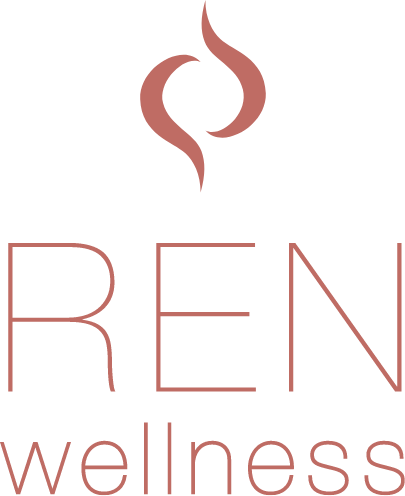How To Prepare for Your Embryo Transfer
Getting ready for your transfer (and pregnancy!) can be likened to priming the soil to plant a garden. You’ll want to prepare in the months beforehand, so your system has the fortitude it needs to not only facilitate an implantation, but to carry a healthy baby to term.
We want to prepare the body as a whole for the upcoming transfer. After all, your entire body will be pregnant - not just your uterus!
To make sure your body is in the most receptive state, it is important that the hormones are balanced, the immune system is not overly reactive, the nervous system is relaxed and there is proper circulation coming through the endometrial lining.
With that in mind, there are many different tools and habits to consider as you prepare in the 2-3 months leading up to your transfer.
Nutrition
Eat a whole foods, nutrient rich diet. This may seem obvious, but food provides the essential building blocks that your body will use to make things like nutrient rich blood and healthy cells.
Particularly nourishing foods for fertility include healthy proteins such as bone broth, grass fed beef, free range poultry and eggs. Also be sure to have essential fatty acid rich foods such as salmon, avocado, coconut oil, walnuts, olives and olive oil. Some blood building, plant based foods to consider are leafy greens (cooked) as well as goji berries, black cherries, beets and black strap molasses.
Removing foods which can cause inflammation or create a stress response in the body is just as important. Start cutting down on things like coffee, sugar, processed foods and alcohol. Many people also have sensitivities to gluten and dairy, in which case they should be removed, along with any other foods that cause reactions.
Exercise
Exercise is a great way to relieve stress and improve circulation. However, keeping it moderate is best. Consider things like walking, yoga, and cycling instead of more extreme forms such as boot camp or long distance running.
Acupuncture and Chinese Medicine
Acupuncture and Herbal Medicine address all of the above mentioned systems in the body. In addition to modulating the stress response and rebalancing the nervous system, Chinese Medicine harmonizes hormones, promotes circulation, regulates inflammation and calibrates the immune system. It promotes the body’s own self-healing mechanisms and encourages a receptive internal environment.
Meditation / Mindfulness
Everyone knows by now that meditation and mindfulness reduce stress and promote relaxation, but their benefits extend into all systems in the body. Similar to acupuncture, meditation will shift the nervous system into “rest and digest” mode, which turns on all of the body’s self-healing mechanisms and restores proper function system-wide. There are many classes and apps that can teach you a technique or you can follow a program such as Circle and Bloom, which is fertility focused.
When Transfer Day Arrives
After preparing the body in the months leading into your transfer, there are a few things you can do specifically on the Big Day:
Keep external stress to minimum. If you can, take the day off of work and keep your schedule light.
Avoid extreme temperatures. Don’t go into the sauna, hot tub or bath. Keep yourself bundled, but not overheated. This includes wearing socks in the house to keep your feet warm!
Have a laugh! Line up some comedy on your Netflix queue, which will release happy, relaxing, receptive chemicals into your system.
Eat warm foods such as soup or congee.
Avoid exercise and swimming in the days following your transfer.
Have some pineapple. While considered a folk remedy to facilitate the implantation process, there is certainly no harm in having some in the days around your transfer. This includes the flesh and core.
Get some acupuncture! For the reasons mentioned above, acupuncture is a great tool to encourage your body’s receptivity.
Lastly, be kind to yourself. You can be proactive in many ways, but remember that the body is built to do this. Give it the tools and care it needs and then sit back and let the body’s innate intelligence work it’s magic.

